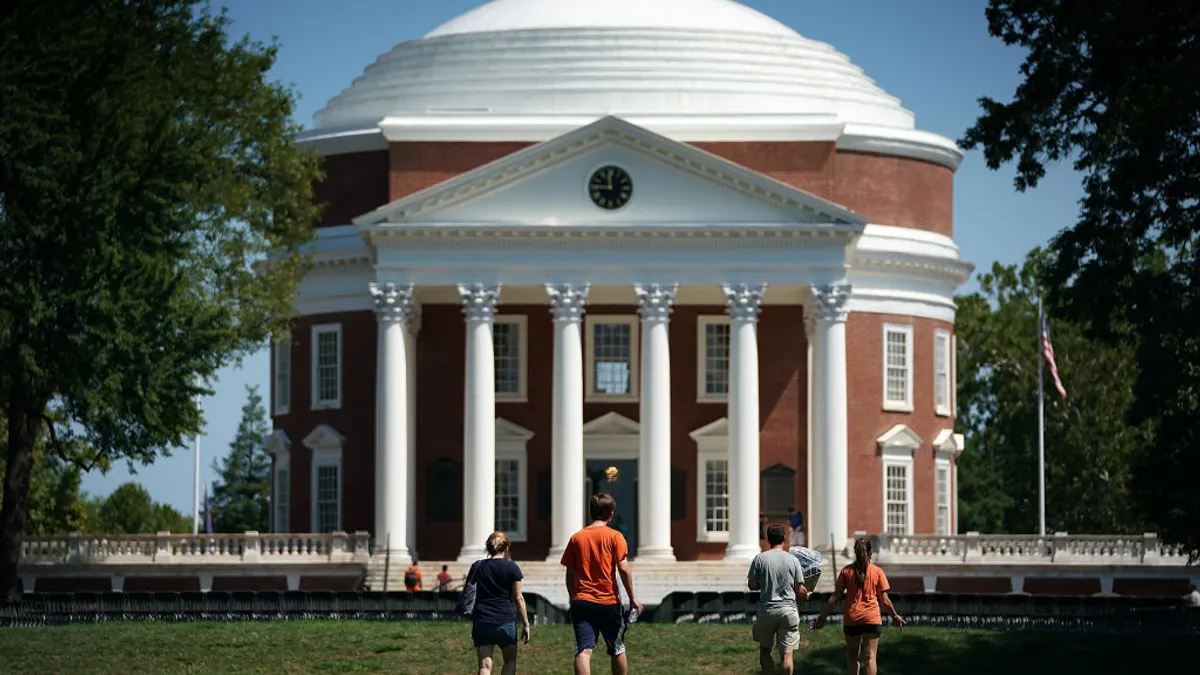Dive Brief:
- The Massachusetts Institute of Technology is creating a College of Computing with the help of a $350 million gift from billionaire investor Stephen A. Schwarzman, who is the CEO and co-founder of the private equity firm Blackstone, in a move the university said is its "most significant reshaping" since 1950.
- Featuring 50 new faculty positions and a new headquarters building, the $1 billion interdisciplinary initiative will bring together computer science, artificial intelligence (AI), data science and related programs across the institution. MIT will establish a new deanship for the college.
- The new college, which will bear Schwarzman's name, will explore and promote AI's use in non-technology disciplines with a focus on ethical considerations, which are a growing concern as the technology becomes embedded in many fields.
Dive Insight:
MIT's move signals two trends in higher education: growing investment in sophisticated technology research and increased fundraising from the private sector.
Last year, the university announced plans to partner with IBM on a 10-year, $240 million AI research effort. The resulting MIT-IBM Watson AI Lab is co-located with an IBM research facility in Boston and brings together faculty members and students as well as IBM and university researchers to enhance AI's impact across industries.
More recently, IBM partnered with Columbia University to develop research competency in blockchain technology through the Columbia-IBM Center for Blockchain and Data Transparency.
Public institutions are nabbing corporate funding, too. In August, the University of Wisconsin-Madison announced a $100 million investment from Taiwanese electronics maker Foxconn to support engineering and research. The gift requires a $100 million match from the university, and it calls for an interdisciplinary research center to be established near Foxconn's future $10 billion LCD display plant in Racine, Wisconsin, located 100 miles away from the university's main campus.
Several public and private universities have recently completed or are underway with massive fundraising campaigns. Harvard University set a record among college fundraising efforts with its five-year, $9.6 billion campaign, besting Stanford University's 2012 raise of $6.2 billion. The University of Michigan, meanwhile, recently completed a $5 billion fundraising campaign, which included four gifts of $100 million or more. Several other state flagship universities are seeking to raise similar amounts.
Public colleges, in particular, are eyeing private dollars as state funding has been slow to recover following the recession. And public and private institutions are being challenged to make college more affordable after years of tuition increases.





